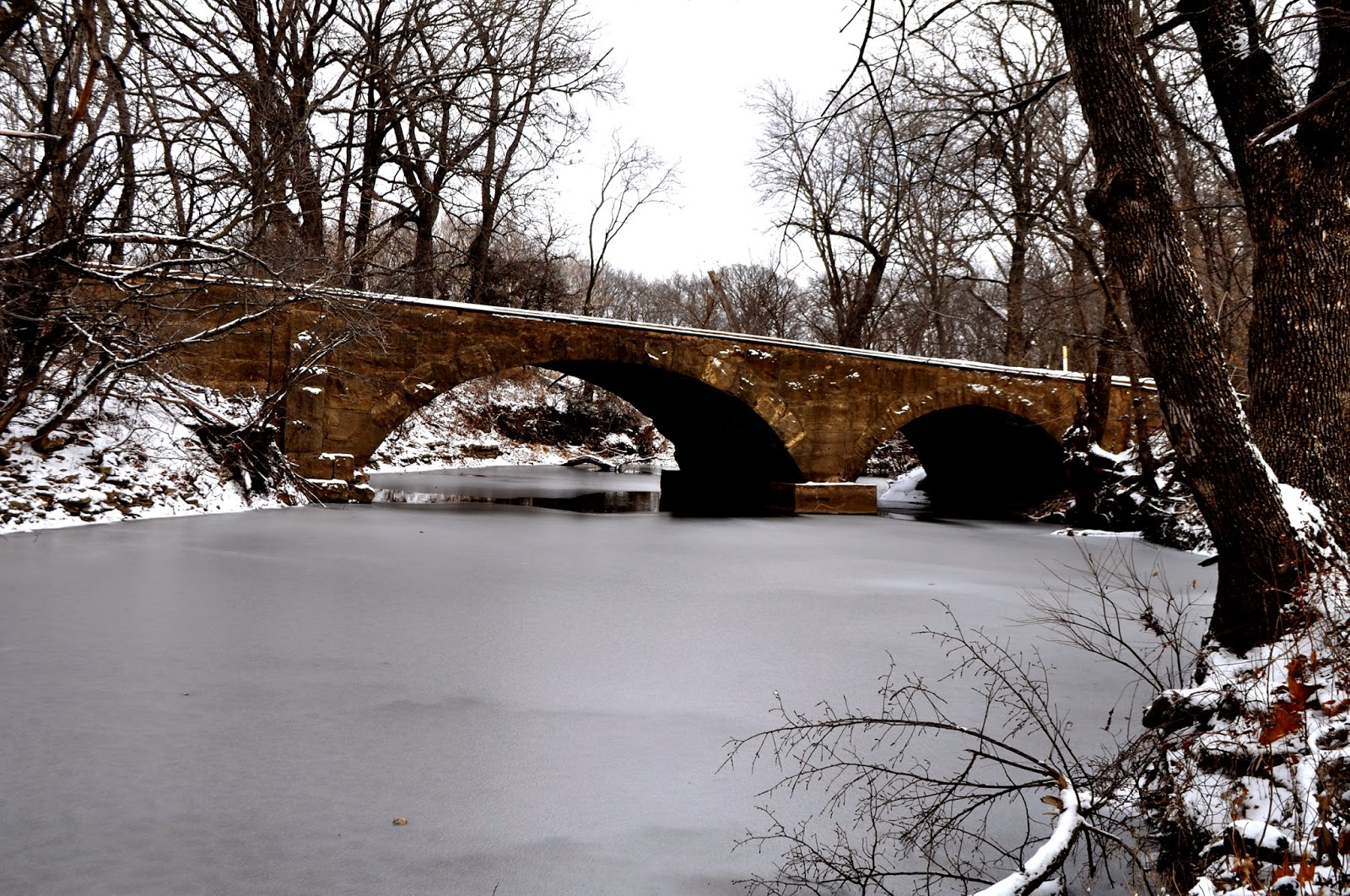Old Tree
Old tree in
the woods, lovely dark and deep, what have you seen?
Clearly the
oldest by far, two spans of my arms and, still, I can not encircle your girth.
How long have
you been upon this earth?
Before the
first white man came to settle, when the Indian lived and loved this land.
Surely, you
grew - young then, proud and strong with branches like humanly arms,
stretched out
in heavenly supplication.
Give thanks to
the Great Spirit above for a moment in the sun.
Time is not
kind to living things. It calls like the bell to all too soon.
Now, I see
you old friend, as I pass by, tattered and broken, limbs fallen.
The scars of
a rusted metal gate embedded in your bark,
A sign that
some settler once homesteaded here,
Now long gone.
Today, your limbs
home to owl and no one else.
Your trunk
food to beetle, your burly bark once thick
Protected you
from prairie fires, now discarded on the forest floor
The worn and
ragged clothes of a beggar man
Tattooed upon
your skin are the lines a woodpecker makes.
This is not a
fitting end for such a majestic tree.
Remember what
it was like to be young, if you can.
Did once an
Indian and his pony pause beneath your limbs to gaze and wonder
at beauty of
these woods so lovely dark and deep?
Perchance, it
was a frosty morn and the tracks the deer left in the snow
Remind one of
lips parted, whispering secrets
To those who
do not sleep, to those who care to walk
These woods
so lovely dark and deep
Have a secret
- these woods belong to all
Time passes
and a hundred springs and winters have come and gone.
A thousand
deer have beaten down the path that I now walk along
Beside your
once majestic figure
There are a hundred
saplings at your feet. Do they stare up at you in wonder
Asking what lies
beyond the bend, what lies beyond the forest in the clearing
Where the
deer go to feed?
Are they curious,
like me?
Or, do they
merely wait their turn
Like you tree,
like me to possess a moment in the sun?




